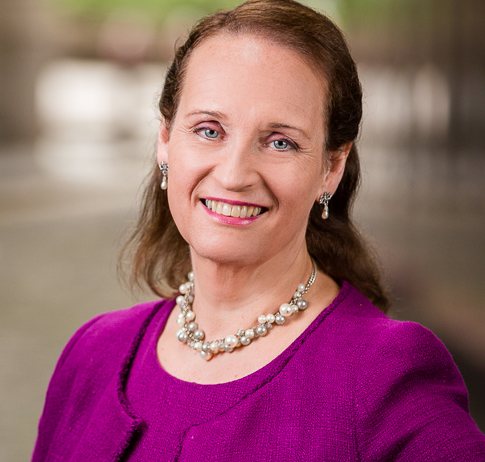Making gifts is a regular part of a lot people’s lives. However, when a person loses mental capacity, if they have a lasting power of attorney (‘LPA’), their attorneys do not have the same ability to make unlimited gifts at any point in time as the individual would have had when they had capacity.
This article considers the gifts that an attorney may make under an LPA and the steps that can be taken if an attorney wishes to make a gift that goes beyond the scope of their ordinary powers to make gifts.
Statutory Powers
Under the general law, attorneys can only make gifts to:
- family members, friends or acquaintances of the individual on a ‘customary occasion’; or
- a charity that the individual might have given to if they had the capacity to do so.
Customary occasions include: births, birthdays, weddings, civil partnerships, anniversaries and religious occasions where gifts are customarily given, such as Christmas or Eid.
In all circumstances, the amount of the gift must be of reasonable value given the value of the individual’s assets. This means that the attorneys should consider:
- whether the individual used to make gifts of that value when they had capacity to do so;
- whether the gift would affect the person’s ability to meet their living expenses, both now and in the future;
- the individual’s life expectancy and whether they have enough funds for the remainder of their life if the gift is made; and
- whether the gift reflects what is provided for in the individual’s will (if any).
Application to the Court of Protection
Gifts that are outside the scope of the statutory powers may be made by the attorneys making an application to the Court of Protection (the ‘COP’) for approval to do so.
If there is more than one attorney, how the attorneys are appointed is relevant in determining who the application must be made by. If attorneys are appointed ‘jointly’ all of the attorneys must make the application, whereas if they are appointed ‘jointly and severally’, one attorney may make the application alone.
Various documents must be provided to the COP. This includes an initial application form, its annexes and a witness statement, which sets out, among other things, the following information: the individual’s assets (with values), their income and outgoings, an estimate of future needs and an explanation of the effect, if any, that the proposed gift will have on the individual’s financial circumstances. It may also set out any tax consequences arising as a result of the gift and whether the individual has a history of making similar gifts or estate planning in general.
In addition, the application would need to be accompanied by an up to date report of the individual’s present medical condition, life expectancy, likelihood of requiring increased expenditure in the foreseeable future and testamentary capacity. A medical practitioner would provide this report, such as the individual’s GP or it may be that an independent mental capacity assessor may be more suitable.
Whether the COP agrees to the gift is entirely at its discretion. The COP’s overall aim is to make a decision that is in the individual’s best interest. The COP can be sympathetic to estate planning, particularly where the individual had a strong history of estate planning.
Power in the LPA
In the recent COP case, PBC v JMA, the Court ruled that inheritance tax mitigation was not an independent factor in deciding whether proposed gifts of around £7 million from the estate of an individual who lacked mental capacity were in her best interests. Instead, the COP created a balance sheet of factors weighing in favour and against the making of the proposed gifts. After reviewing the balance sheet and noting the donor’s pattern of giving and the importance that she had placed on IHT planning prior to losing capacity, the COP authorised the gift.
As a result of this decision, our advice to clients who consider estate planning to be important, is to include wording in the preference section of an LPA for property and financial affairs which provides that the attorneys may apply to the COP for authority to make gifts, which would not be permitted under the general rules, for the purposes of inheritance tax planning or any other purpose if the attorneys think it is in the individual’s best interest to do so.
For further information on making gifts on behalf of an individual who does not have mental capacity or on drafting LPAs, please contact our Private Client and Tax Team.
Whether to allow the gifts will still be a matter for the COP’s discretion, but the court may view the gifts more favourably if there is evidence from the donor that they were in favour of the attorneys making gifts while the donor still had capacity.



